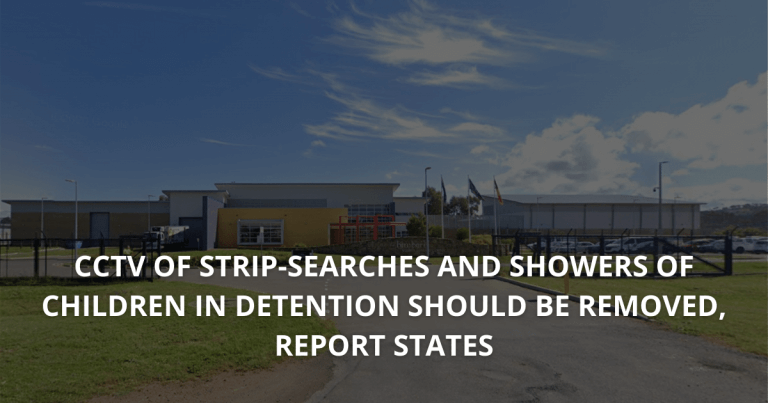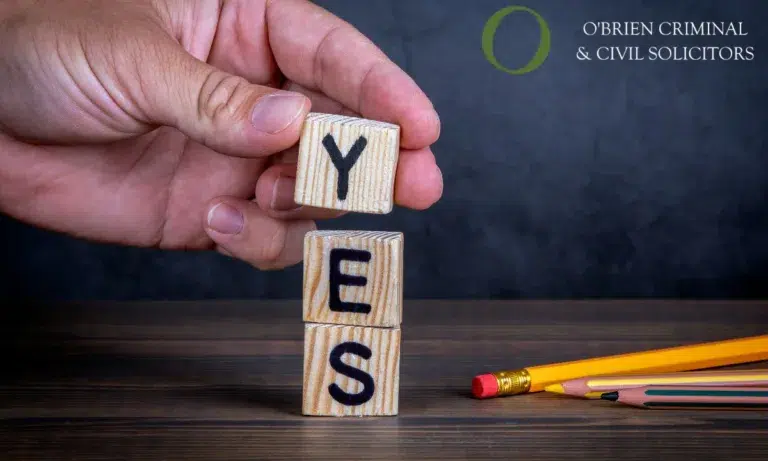
Supreme Court Bail Practice Note SC CL 11
In a fair and equitable legal system, justice should never compromise itself at the price of efficiency. It is for this reason that the changes proposed in the Supreme Court Bail Practice Note SC CL 11, which had a commencement date of 3 June, are of such concern.
Bail Reform shortcomings
Bail legislation in New South Wales (and around the country) is the subject of many reforms. Often, bail laws become set in stone after knee-jerk responses to the howls of radio shock jocks and media outcries in the wake of tragic events.
Unfortunately, the quantitative and analytical research to the importance of the bail framework in the criminal justice system finds itself in the shadows. This is due to an overzealous approach by the legislature and parliament in a populist show of strength against offenders.
Supreme Court bail procedures
In NSW, the Supreme Court is the port of last resort for a person who cannot get bail and end up in custody on remand. People on remand in such circumstances, who are awaiting their trial, have the presumption of innocence.
Recent changes in Supreme Court procedures create more onerous restrictions for the applicant in a Supreme Court bail application, whether they have representation or not. The significant aspects of the new practice are:
- Pre-filing requirements include:
- Self-represented applicants in prison must file bail applications on their own.
- Applicants living in remote and regional NSW locations need to prepare evidence in support of their bail application.
- A Registrar can reject or dismiss a bail application.
- Hearing dates no longer allocated once a bail application acceptance occurs.
- The Supreme Court will no longer issue orders for alcohol and drug residential rehabilitation assessment reports.
- Prosecutors no longer providing relevant papers such as CANs, criminal histories including facts sheets to Legal Aid NSW.
The Serious Effects of the New Bail Procedures
The above changes are an anathema on a fair and equitable criminal justice system. The universal understanding is that jails house some of the most marginalised within our community.
There is an expectation that vulnerable people who have no representation must now autonomously fill out documents in compliance with the new requirements. We find that this is implausible. These procedural changes impact a portion of our prison community already suffering alienation, particularly those unable to read or write.
Many bail applicants will suffer further burdens
There is also an overwhelming hurdle of responsibility for those who, due to illiteracy and/or poor cognitive skills, simply cannot meet the threshold in order to apply for bail. Statistics show that there are approximately 4,000 functionally illiterate prisoners in our jails.
The changes are also problematic for self-represented applicants who suffer from alcohol and substance abuse. They may now no longer have appropriate rehabilitation assessment reports ordered. This is vital to so many seeking to gain entry into drug rehabilitation facilities.
As the court will not order such reports anymore, the door is almost certainly shut on applicants seeking rehabilitation whilst on remand. There is also no mention or referral about how to facilitate these specific listing practices in matters involving children and young persons.
What we think
Legal Aid NSW has complained that these pre-filing requirements are effectively insurmountable. It has raised concern about the almost unbridled discretion available to a Registrar to reject and dismiss bail applications summarily.
O’Brien Criminal and Civil Solicitors also share these concerns. These impending reforms restrict the ability to apply for bail. They also effectively reverse the onus of responsibility in many instances for a growing number of applicants without legal representation.
O’Brien Criminal and Civil Solicitors fear that these changes will compound complexities in a system already suffering extensive delays and expense. As such, the legal system must reflect the reality that our prison system houses those who are vulnerable members of society and that those awaiting trial have the presumption of innocence, not guilt. The entitlement to liberty erodes at an alarming rate by law reform in the area of bail. Court procedures should not entrench these inequalities further.
- Bail applications;
- Supreme Court;
- SC Bail Applications;
- Practice Note;
- Reforms;
- Changes;
- Fair;
- Justice;
- Equality;
- Self-represented;
- Literacy;
- New South Wales Bail;
- Represented;
- Unrepresented;
- Remand;
- Custody;
- Registrar;
- Listing procedures;
- Young persons;
- Inequality;
- Prisons;
- Criminal justice system.





